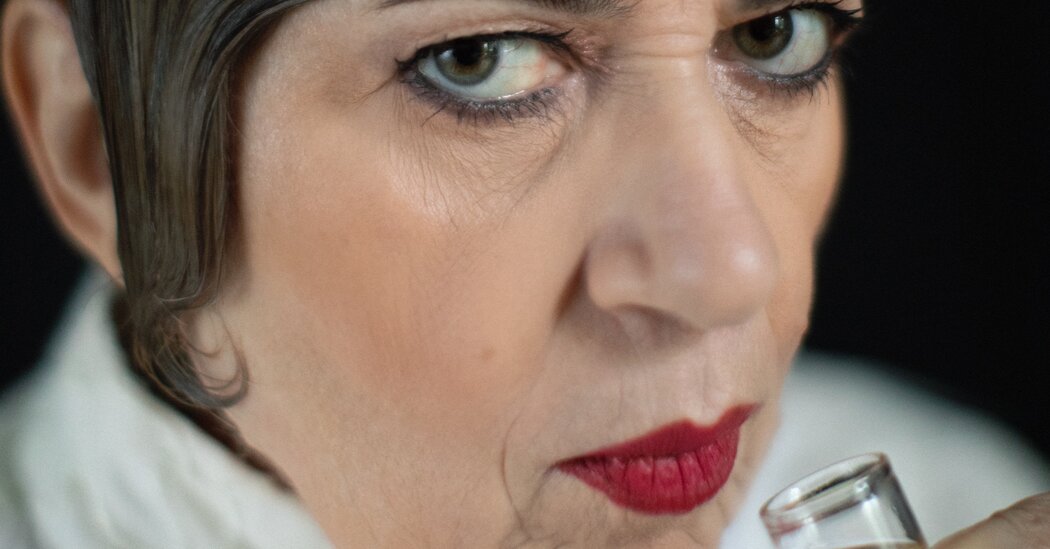
The median level of grooming in Parma, Italy, is high. Perhaps among the highest in the world. Supporting this conjecture is the fact that the minimalist Airbnb where I recently stayed for six nights offered not one but two lint-rollers, a blow dryer with countless attachments, a clothing steamer and an iron — but I could find only one roll of toilet paper. From such minor details it is tempting to draw conclusions about what a Parmesan considers a necessity versus what he considers merely an amenity.
“Parmesan” is, by the way, the correct (Anglicized) way to refer to a person from the city of Parma, which is in the Emilia-Romagna region of Italy, just below the knee of the boot. Parmesan is also, of course, the name of the province’s most famous edible contribution to humanity. Other contributions include Parma ham, the film director Bernardo Bertolucci, the conductor Arturo Toscanini and Pietro Barilla of Barilla pasta (the dark blue box at your local supermarket, not to be confused with the medium-blue box of De Cecco, which is from Abruzzo). Parma is a city of inventive door knockers and narrow streets that become belligerently slippery after one instant of rain, and racks upon racks of men’s underwear in innovatively bizarre cuts and fabrics. More than anything, however, it is a city of aromas.
Parma is not the capital of perfume, nor even geographically adjacent to it — that would be the French town Grasse — but in keeping with the attentive grooming of the average Parmesan, there are a startling number of perfume stores lining the streets. In the city center, it is easier to buy a bottle of scent, high-end or low, than it is to buy a carton of milk.
Crowding the shelves of boutiques and pharmacies are perfumes that smell like Calabrian citron, rhubarb and violet. There are perfumes inspired by tears, slow caresses, erotic nights, the color red, the trait of extroversion. Perfumes called Arrogance and P.D.F (after the painter Piero della Francesca, not the Adobe file format). There are bottles with intriguing labels like Police Instinct, Police Blue Desire and Police Daydream. There is a scent named Barry Lyndon after Stanley Kubrick’s 1975 film. It features notes of leather, arnica and fresh alpine herbs.
I was in Parma to meet Hilde Soliani, who is an artista dell’olfatto e del gusto, or “artist lady of smell and taste,” as her website translates. She has created fantastical perfumes like Lacrima (the smell of snow), Tutti Matti per Colorno (the smell of herbs eaten by cows in Italy) and Vecchi Rossetti (the smell of a theater dressing room), but her most beloved offerings are those known among perfume enthusiasts as “gourmands,” perfumes that smell like food.






